Find out how Turks and Caicos Islands held a general election amidst a spike in COVID-19 cases and hear the CPA Secretary-General in conversation with a government Minister on what it was like to campaign through a lockdown.
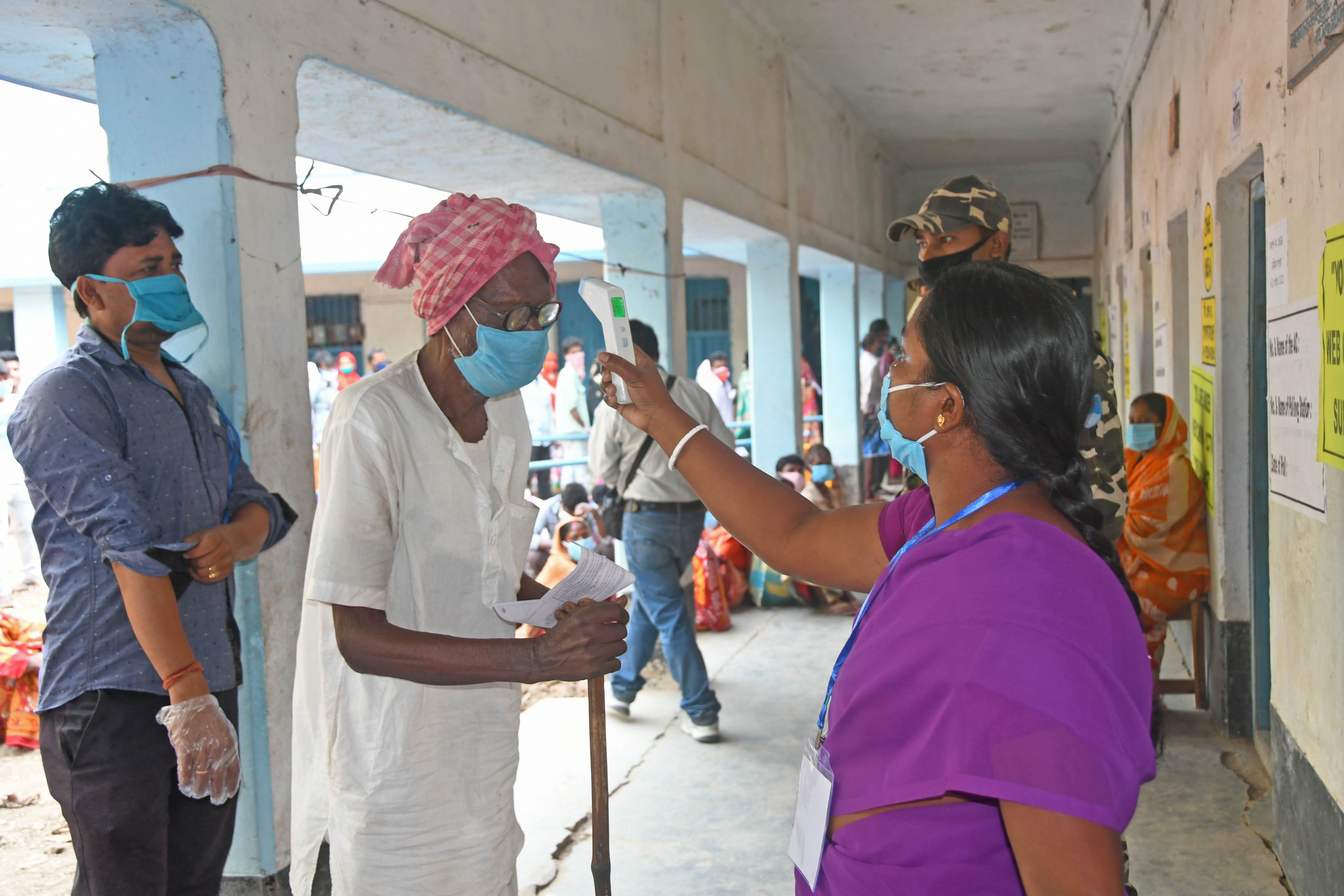
Democracy Looks Different: How the pandemic changed Commonwealth democracies
International Day of Democracy, held each year on 15th September, is ‘an opportunity to review the state of democracy in the world’.
To mark the day, the Commonwealth Parliamentary Association has launched a series of blog posts taking a look at the ways in which, as a result of the pandemic, ‘democracy looks different in 2021’. This post is the introduction to the series. Scroll down to find the full series of articles.
- In the UK, Members of the House of Lords, previously summoned by the division bell to vote in a crowded lobby, are met instead by the gentle buzz of a phone in their pocket, notifying them that it is time to tap: aye or no, confirm, submit.
- In Fiji, HD cameras and integrated microphones beam the action from Committee rooms and the debating chamber to TV screens, laptops and mobile phones across the islands.
- In Guernsey, 21,000 people register to vote from home via a postal ballot – ten times the rate in the previous election.
Democracy looks different in 2021. The COVID-19 pandemic has forced adaptations to the tried-and-tested processes that keep democracies functioning. Age-old traditions that for years remained vaccinated against digitisation have suddenly lost their immunity. A new political imagery has emerged: masked prime ministers flanked by scientists, a sudden omnipresence of graphs and statistics, screenshots of Cabinet meetings. Packed parliamentary chambers, a classic visual representation of democracy in action, have been emptied, the theatre of debate replaced by webcam wars of words.
When the pandemic took hold in early 2020, a tide of changes came in as Parliaments and Legislatures reacted quickly to remain operational. To help Commonwealth Legislatures continue to function amidst the crisis, the CPA published a toolkit in April 2020, ‘COVID-19: Delivering Parliamentary Democracy’.
More than a year later, though, the tide is beginning to ebb. In many countries, hybrid debates have been shelved in a conscious effort to ‘return to normal’. Elections postponed at the height of the crisis have been held safely. International conferences, such as the recent Fifth World Conference of Speakers of Parliament, have been held in-person again.
Not that the pandemic is in any way over. In fact, according to the World Health Organisation the virus is ‘getting fitter and faster’ as the more transmissible Delta variant drives up infection and death rates. Yet, the development of multiple COVID-19 vaccines, and the progress made in commencing vaccination programmes, has brought the prospect of pandemic recovery into closer focus.
There is significant work still be to be done – whilst 40% of the world population has now received at least one dose of the vaccine, the coverage in low-income countries stands at 1.9%. But Parliamentarians, clerks, academics, journalists, and citizens are starting to consider what post-pandemic democracies might look like. Which virus-induced changes will prove only temporary interruptions to the status quo, and which are here to stay? What lessons has the pandemic taught us about how democracies operate and how can we use what has been learned in a productive way?
This International Day of Democracy blog series reviews how Commonwealth democracies have changed the way they operate in the last year, examining the lessons learned and forming a picture of what post-pandemic democracies might look like.
Democracy Looks Different
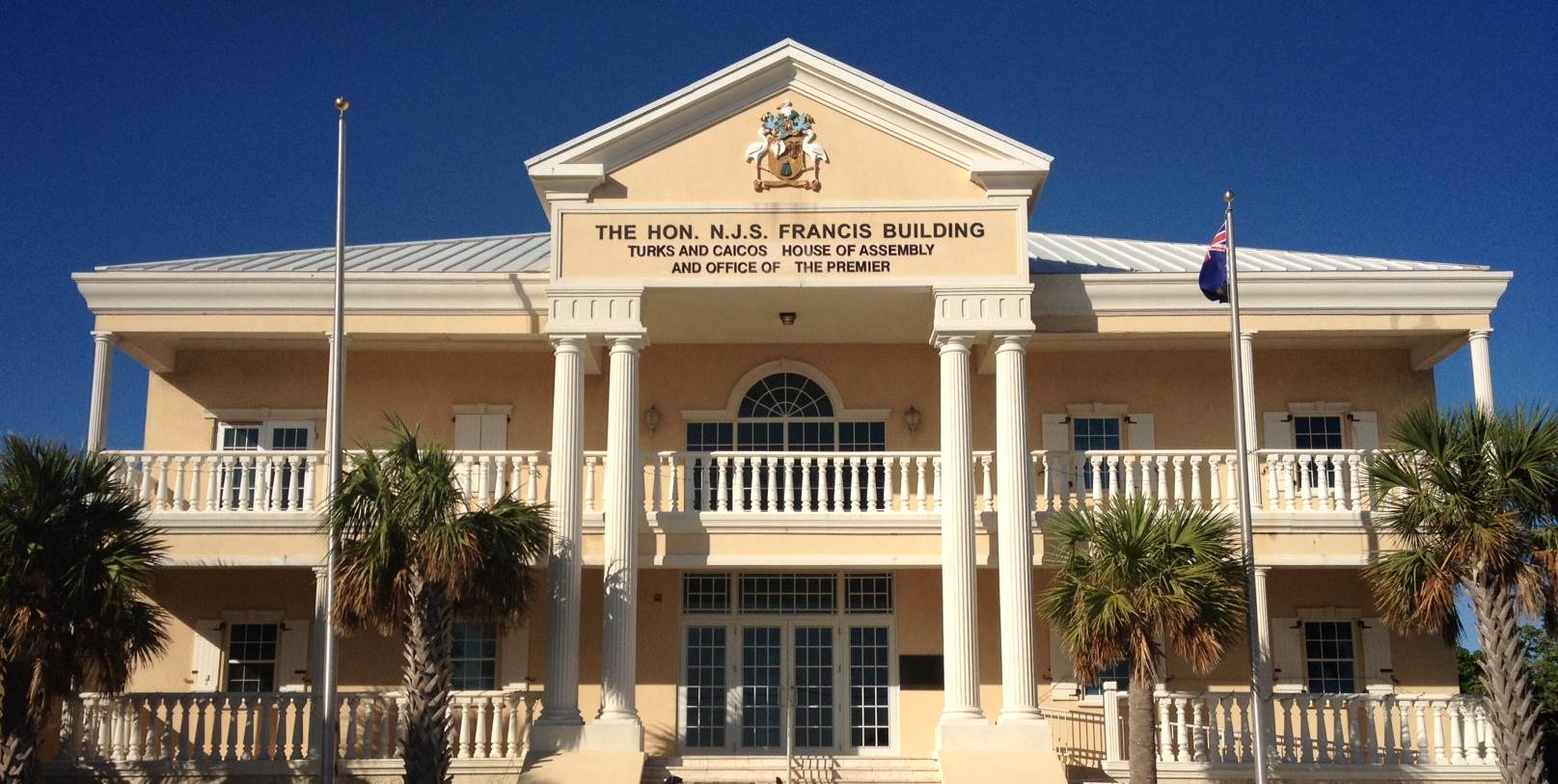
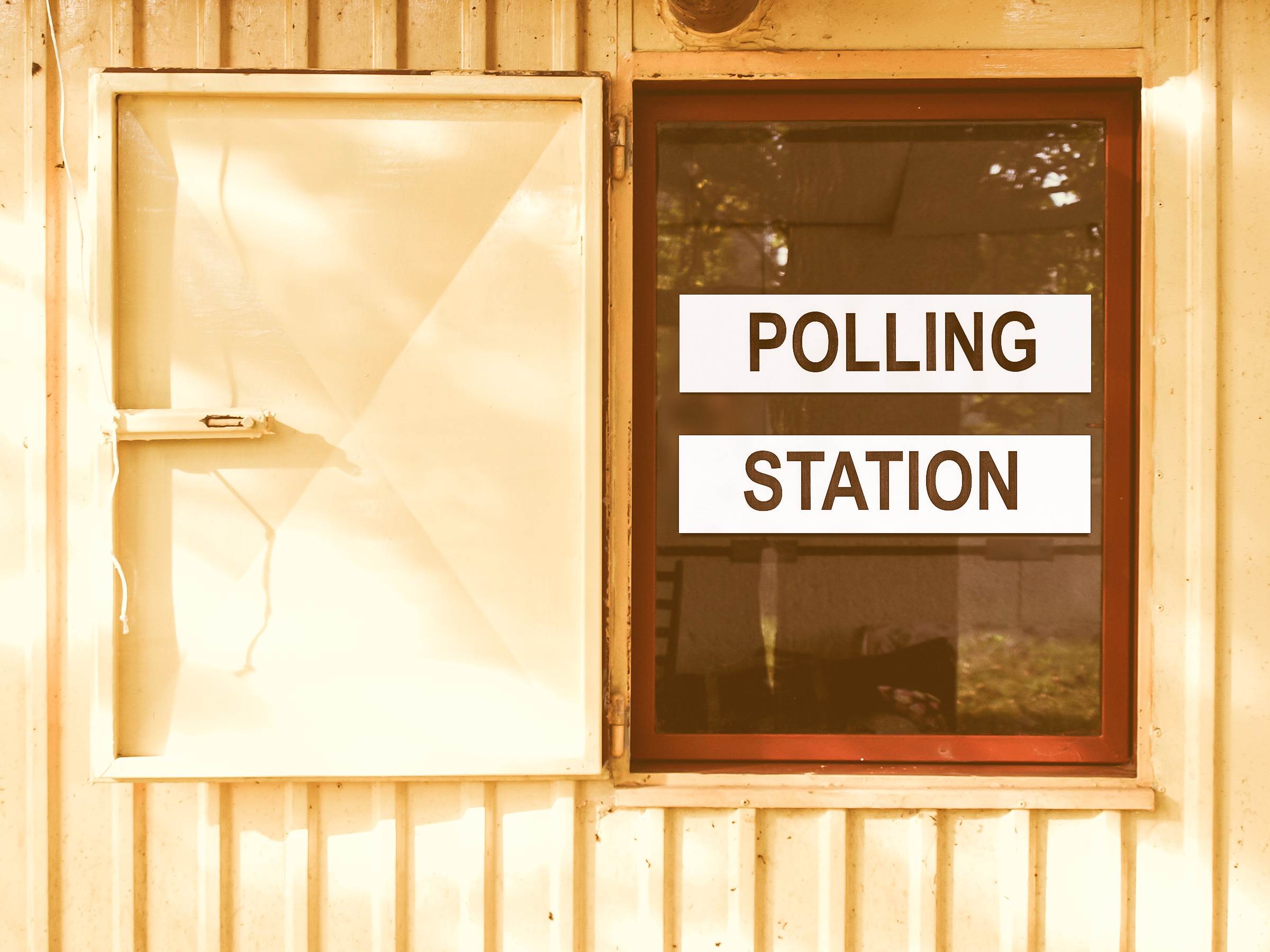
Postponed Elections
Deputy Neil Inder retells the story of Guernsey’s election postponement and reflects on the lessons learned, which will be valuable to other small jurisdictions in emergency situations.
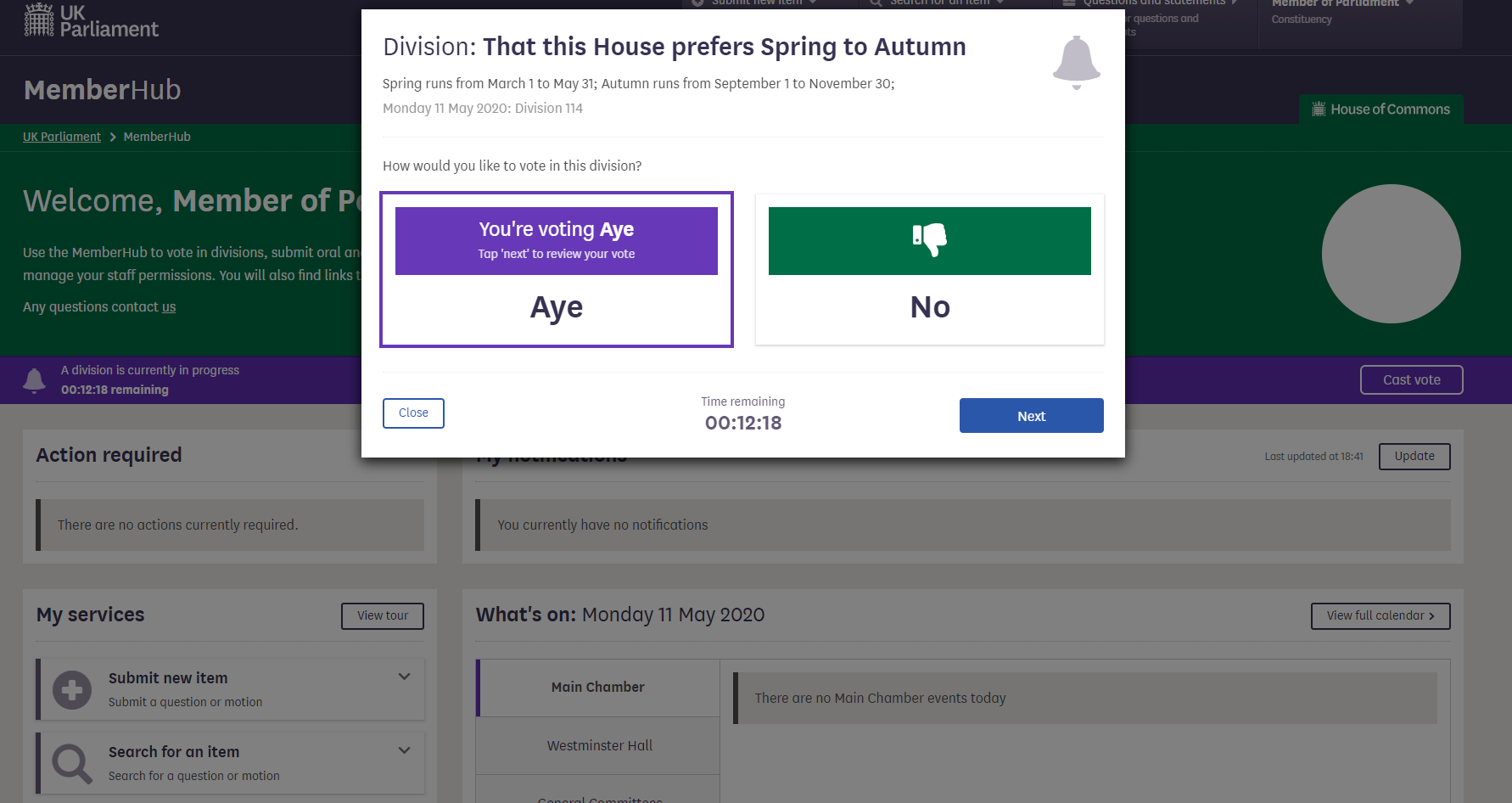
Online Voting
UK House of Lords Clerk Luke Hussey tells the CPA how 'Peerhub', the chamber's online voting system, was implemented during the COVID-19 pandemic, how it worked, and what’s next for voting procedures in the chamber ‘post-pandemic’.
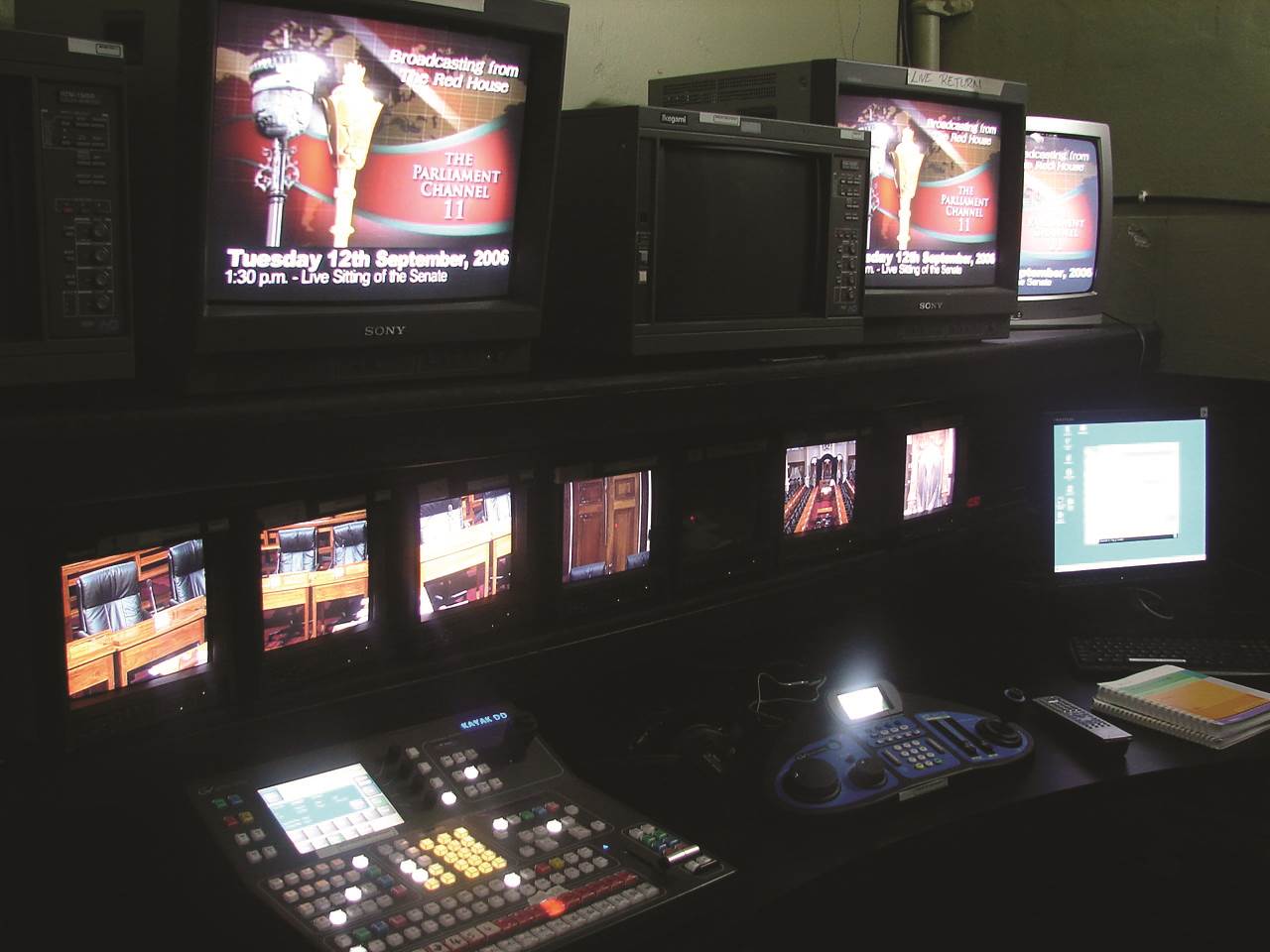
Livestreaming
The CPA spotlights the progress made in expanding livestreaming of parliamentary proceedings in three Commonwealth Parliaments during the pandemic: Fiji, Singapore and Kenya.



